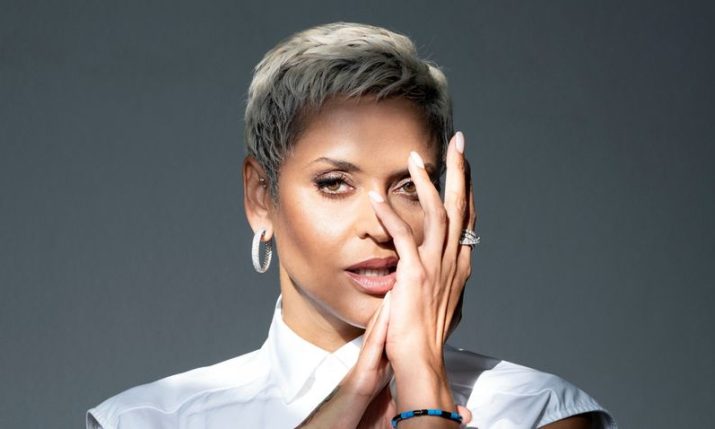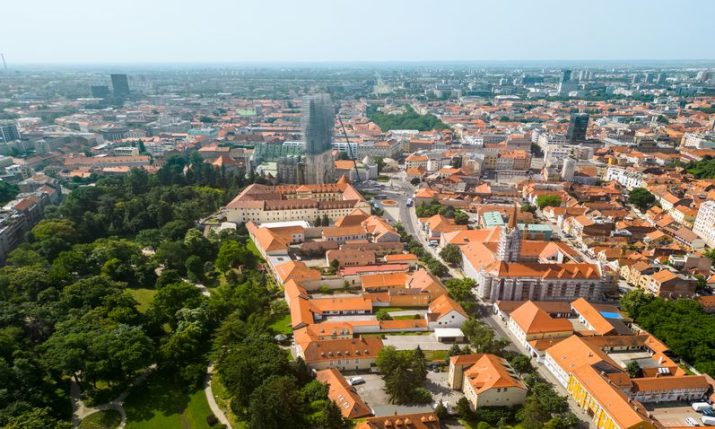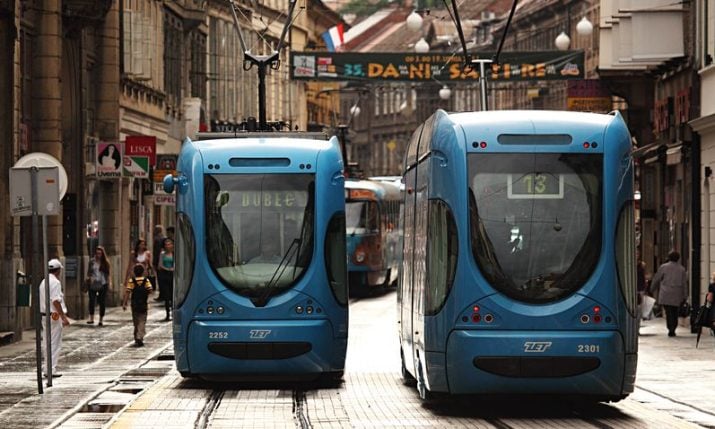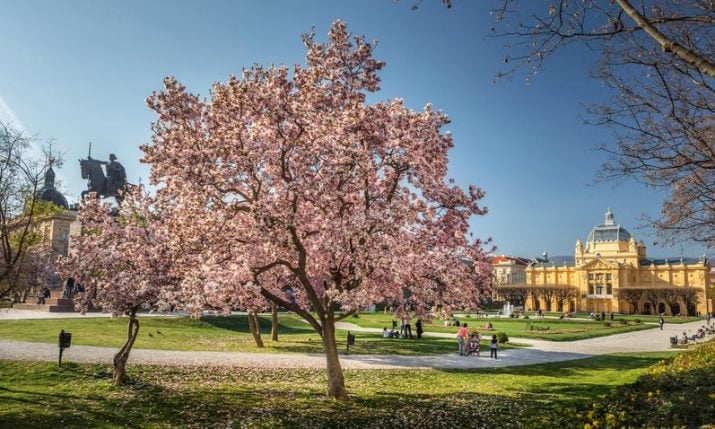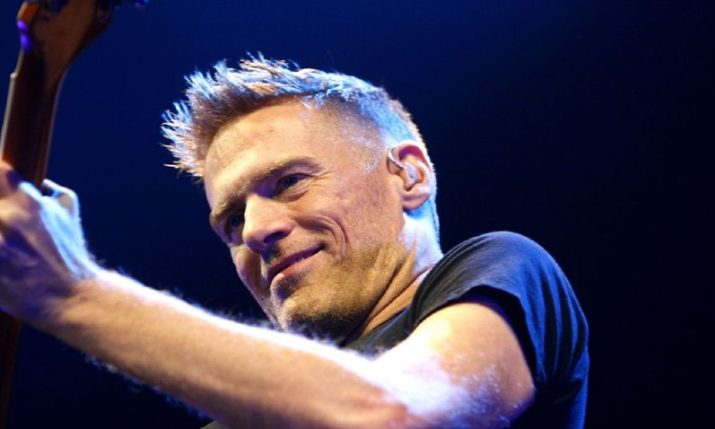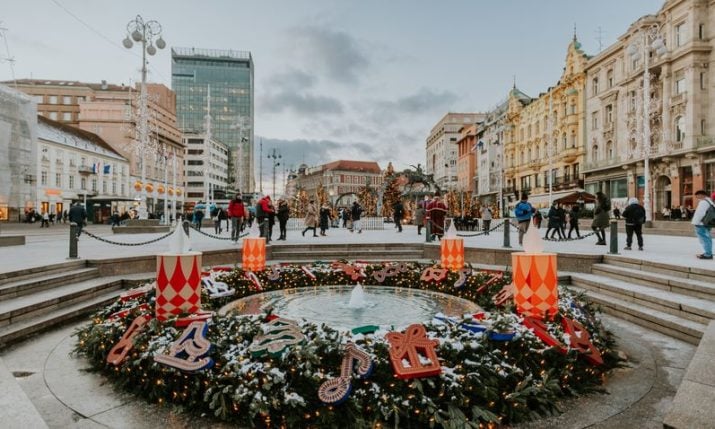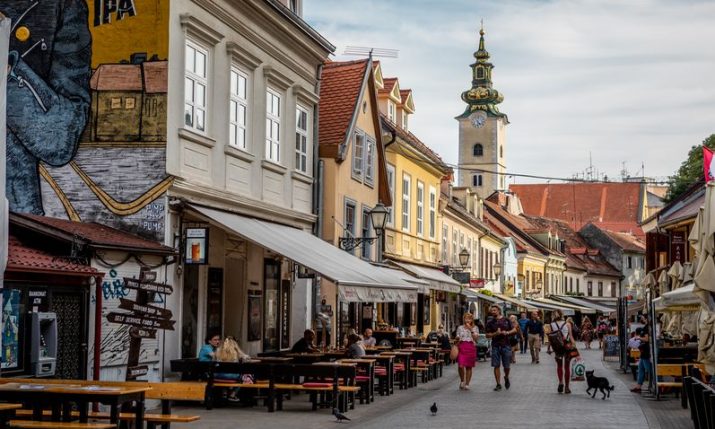PM: Croatia now has excellent lever for development and economic recovery
- by croatiaweek
- in Business
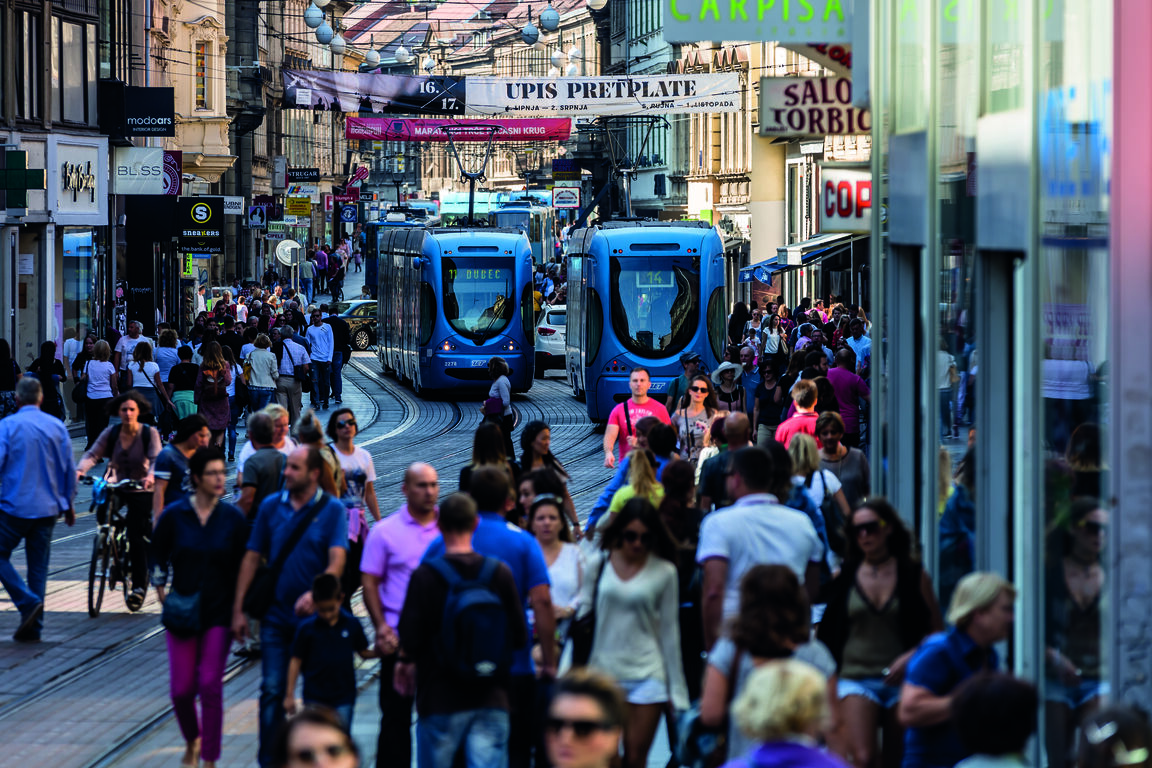
Zagreb (Photo: D. Rostuhrar/Zagreb TZ)
ZAGREB, July 21 (Hina) – The agreement reached by EU leaders on the pandemic recovery plan and seven-year budget is a good compromise and Croatia can be very pleased because with over €22 billion it will have an excellent lever for the implementation of reforms and economic recovery, Prime Minister Andrej Plenkovic said in Brussels on Monday.
“I think that we all, as heads of state or government, can be satisfied that a compromise has been reached. It is a good compromise because everyone benefited and the process of economic recovery in the member states will benefit the most,” Plenkovic said after a marathon summit that lasted five days.
Croatia will have access to slightly over €12.6 billion in the new Multiannual Financial Framework (MFF) and €9.4 billion in the new instrument, Next Generation EU (NGEU). Of the €9.4 billion, 5.9 billion will be made available in grants and 2.35 billion in loans.
“This is an unprecedented achievement. We have received twice as much as in the first seven years of membership,” Plenkovic said. The national envelope for Croatia in the 2014-2020 MFF is €10.7 billion.
“I think that in this way we will have an excellent and firm lever for the implementation of reforms and projects, for investment, and most importantly for a speedy economic recovery,” the Croatian PM said.
An additional €400m for Croatia
Plenkovic said that through successful lobbying he had managed to obtain an additional €400 million arguing that Croatia was the only member state that had used only one MFF plus €100 million for rural development.
The earlier proposal had provided for €300 million and the amount has now been increased to 400 million.
“This 400 million in additional cohesion funds will be used for our regions that need an additional investment cycle, and another 100 million for rural development. I can say that we have done a pretty good job here,” the prime minister said.
Plenkovic said that he backed up his argument by saying that Croatia was the only member state that had so far used only one seven-year budget, unlike other central and eastern European countries that joined the EU much earlier. This comparison shows that these countries attracted huge investments thanks to the redistribution power of the EU budget that stimulated their economic development.
“With these arguments we won over our colleagues to get these funds. I am glad that we received support from European Council President Charles Michel, who became popular in our election campaign, and now it has turned out that it is not bad to be on good terms with him. We also had the support of Commission President Ursula von der Leyen, who has been sympathetic to Croatia for years. As a German defence minister, she had very good relations with our minister Krsticevic, and Croatia is one of the countries that helped her become Commission President,” Plenkovic said.
EU leaders reached the agreement at 5.30am on Tuesday after four days of exhausting negotiations on the new Multiannual Financial Framework and the new instrument, Next Generation EU, as a response to the economic consequences of the coronavirus pandemic.
The package agreed is worth a total of €1.824 trillion, including the €1.074tn 2021-2017 MFF and the €750bn NGEU plan. Of the €750 billion, 390 billion will be allocated in grants and 360 billion in loans.
Croatia and the other member states now have until mid-October to prepare their national recovery plans on the basis of which they will be able to use money from the NGEU.
“Our recovery plan will rely on the government programme, which I will present in the Croatian parliament on Thursday, on the national reform programme, the convergence programme and our activities in the process of accession to the euro zone. We will prepare numerous projects and reform activities,” Plenkovic said.
In conclusion, Plenkovic said that this showed how important EU membership was for Croatia and that the full effect of membership would be seen only after two MFFs had been used.

